Smart MBA
Our academic programs inspire and empower individuals to pursue their creative passions while dedicating themselves to building a better, more inclusive, innovative, and ecologically sustainable world.
SMART MBA
Kotler SMART MBA is a specialized executive program designed for professionals seeking a fast-tracked, high-impact education in business management. Developed by Kotler Impact, this MBA combines the flexibility of online learning with the immersive experience of in-person instruction. The program is structured to provide students with the tools, strategies, and insights needed to excel in a rapidly evolving business landscape. It is globally recognized and endorsed by industry experts, ensuring its relevance and credibility.
Additionally, the Kotler SMART MBA collaborates with established universities around the world, offering participants access to top-tier academic and professional networks.
Kotler Smart MBA Courses
Future & Trends
 Future of Modern Marketing in the 21st Century
Future of Modern Marketing in the 21st Century
Explore how technology, demographics, and consumer expectations are reshaping modern marketing, while learning to spot trends, assess tech’s impact, and predict future strategies.
 Sustainable Business for the Modern World
Sustainable Business for the Modern World
Learn how sustainability drives competitive advantage by designing sustainable models, integrating ESG principles, and communicating authentically without greenwashing.
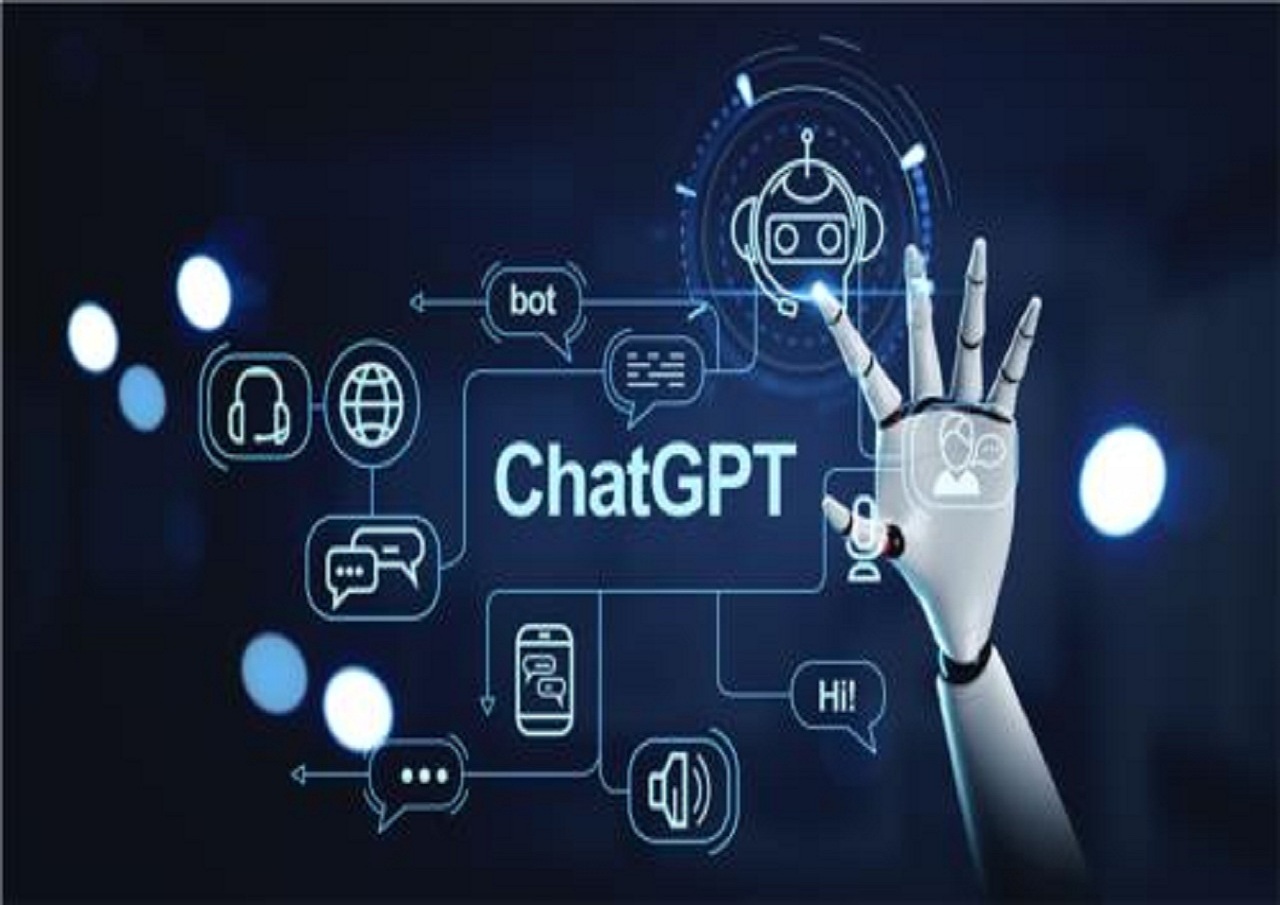 Generative AI and Content Creation
Generative AI and Content Creation
Explore generative AI tools like ChatGPT and Midjourney to create modern marketing content, address ethical and legal implications, and evaluate AI’s impact on creativity and brand voice.
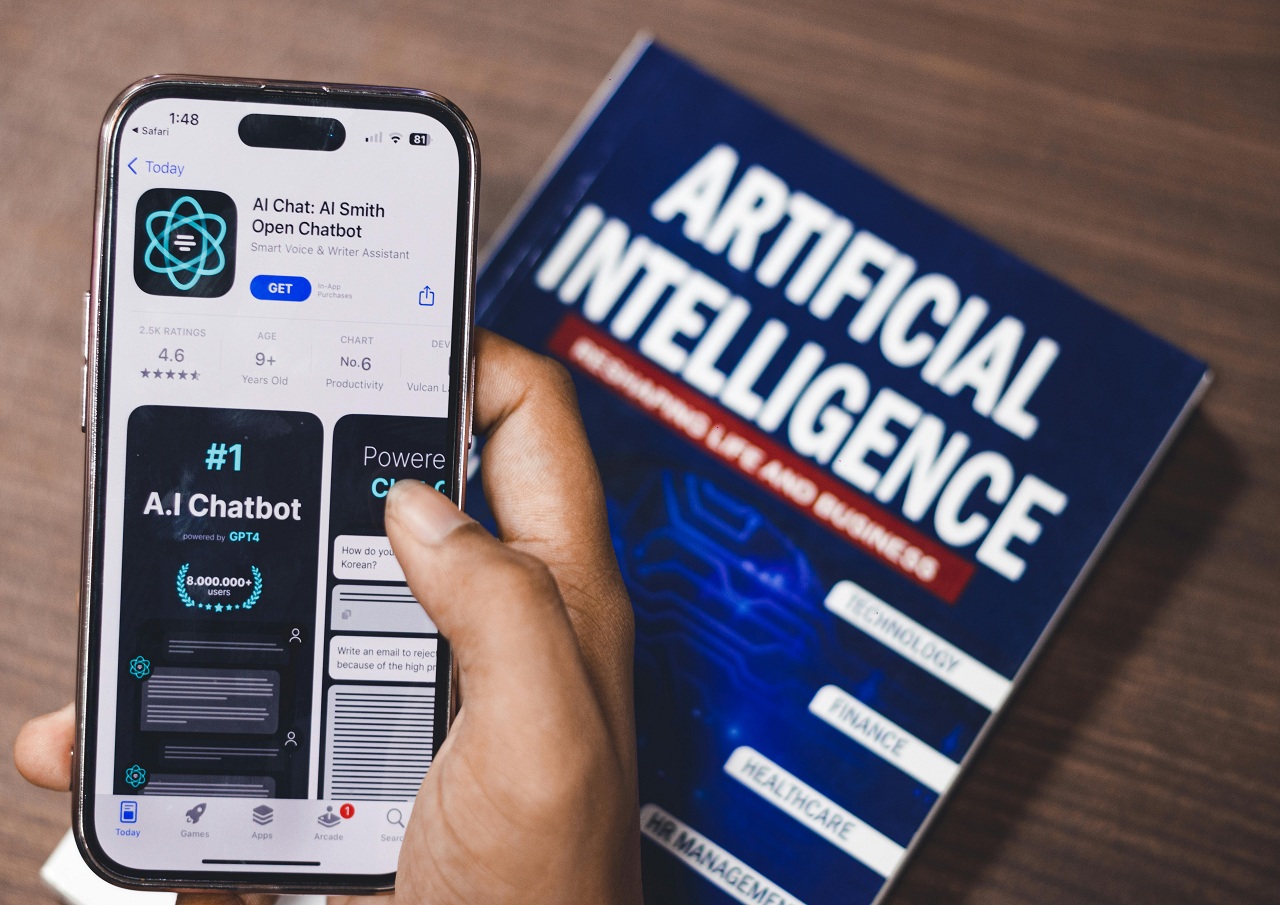 Artificial Intelligence: The New Frontier
Artificial Intelligence: The New Frontier
Gain practical insight into AI and machine learning by explaining core concepts, applying them in modern marketing and operations, and evaluating risks of adoption.
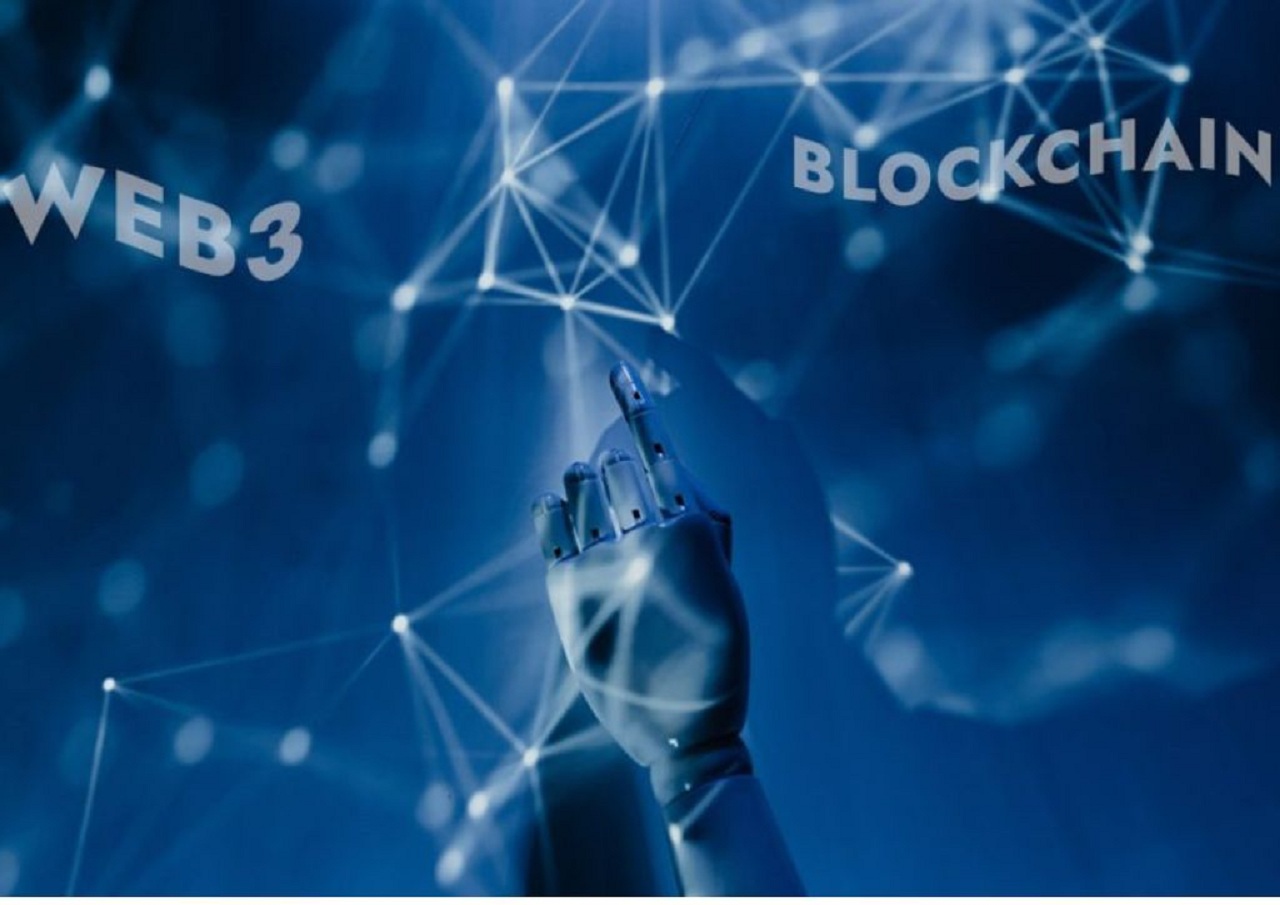 Web3, Blockchain, and Modern Marketing Applications
Web3, Blockchain, and Modern Marketing Applications
Explore Web3, blockchain, NFTs, and token economies to understand their impact on loyalty, trust, and engagement while learning fundamentals, use cases, and strategies for decentralized communities.
 Metaverse and Immersive Modern Marketing
Metaverse and Immersive Modern Marketing
Understand the metaverse’s role in branding and customer engagement by defining immersive experiences, evaluating opportunities and risks, and developing virtual modern marketing strategies.
 New Age Technologies for Business
New Age Technologies for Business
Examine IoT, quantum computing, AR/VR, and 5G to explain how they work, identify business applications, and anticipate future industry trends.
 Corporate Digital Transformation
Corporate Digital Transformation
Learn how companies transition to digital-first operations by designing strategies, integrating technologies, and managing cultural change in transformation projects.
STRATEGIC Modern MARKETING
 Digital Modern Marketing Strategies for Success
Digital Modern Marketing Strategies for Success
Master SEO, social media, content, and digital advertising to design integrated marketing plans, optimize campaigns, and measure performance effectively.
 Modern Marketing to Gen Z: Values and Communication
Modern Marketing to Gen Z: Values and Communication
Study Gen Z’s mindset to craft values-based modern marketing messages and use the right digital channels to connect with this audience.
 Global Branding in the Digital Age
Global Branding in the Digital Age
Learn to build and manage brands globally by balancing consistency with local adaptation, developing positioning strategies, analyzing cultural influences, and handling crises.
 Cross-Cultural Modern Marketing Strategies
Cross-Cultural Modern Marketing Strategies
Explore cultural frameworks to design globally resonant modern marketing by applying strategies, creating sensitive communications, and managing multicultural teams.
 Brand Positioning and Emotional Connection
Brand Positioning and Emotional Connection
Learn how brands use storytelling, purpose, and differentiation to build emotional connections, craft positioning, create engaging narratives, and drive loyalty.
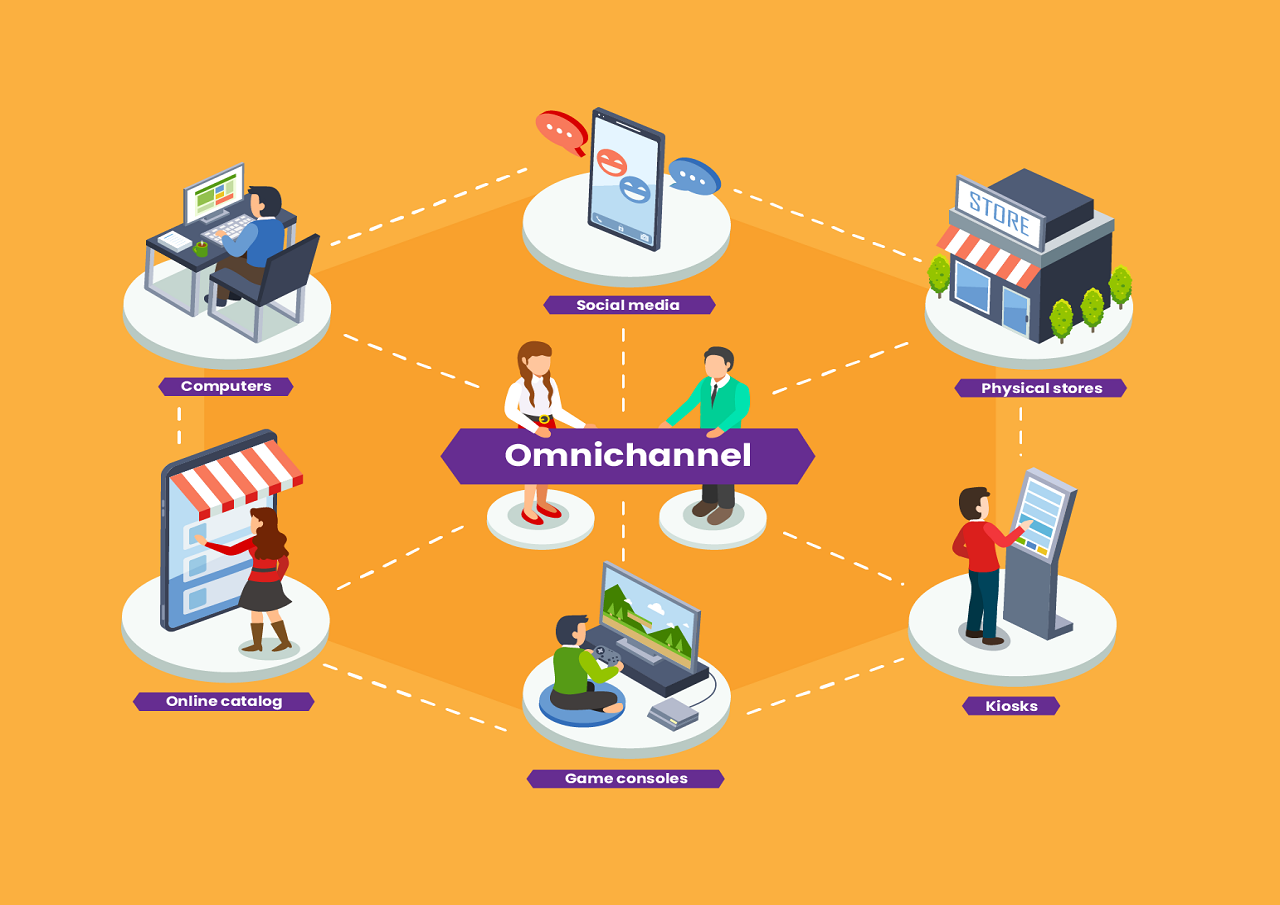 Omnichannel Strategy for Customer Engagement
Omnichannel Strategy for Customer Engagement
Understand how to deliver seamless customer experiences by integrating data and technology, designing omnichannel strategies, and managing cross-channel journeys.
 Customer Experience Strategy
Customer Experience Strategy
Focus on mapping customer journeys, removing pain points, and designing exceptional experiences that improve loyalty, performance, and ROI.
 Modern Marketing ROI: Measuring What Matters
Modern Marketing ROI: Measuring What Matters
Dive into modern marketing metrics to identify KPIs, analyze data, and demonstrate ROI and business impact to leadership.
DATA & ANALYTICS
 Role of Predictive Analytics
Role of Predictive Analytics
Learn how predictive analytics forecasts trends, anticipates customer behavior, and guides strategy by applying models, tools, and insights.
 Modern Marketing Analytics for Decision Making
Modern Marketing Analytics for Decision Making
Transform modern marketing data into actionable insights by selecting the right metrics, building dashboards, and applying analytics to improve campaigns.
 AI-Driven Personalization and Hyper-Targeting
AI-Driven Personalization and Hyper-Targeting
Explore how AI powers deep personalization by applying techniques, creating hyper-targeted strategies, and addressing ethical considerations.
 The Importance of Data in Modern Marketing
The Importance of Data in Modern Marketing
Understand data as a strategic marketing asset by identifying valuable sources, ensuring quality, and leveraging insights for competitive advantage.
 Data Privacy, Ethics, and Digital Regulation
Data Privacy, Ethics, and Digital Regulation
Navigate data privacy and ethics by interpreting regulations, implementing responsible practices, and communicating policies transparently to build trust.
LEADERSHIP & ORGANIZATIONAL SKILLS
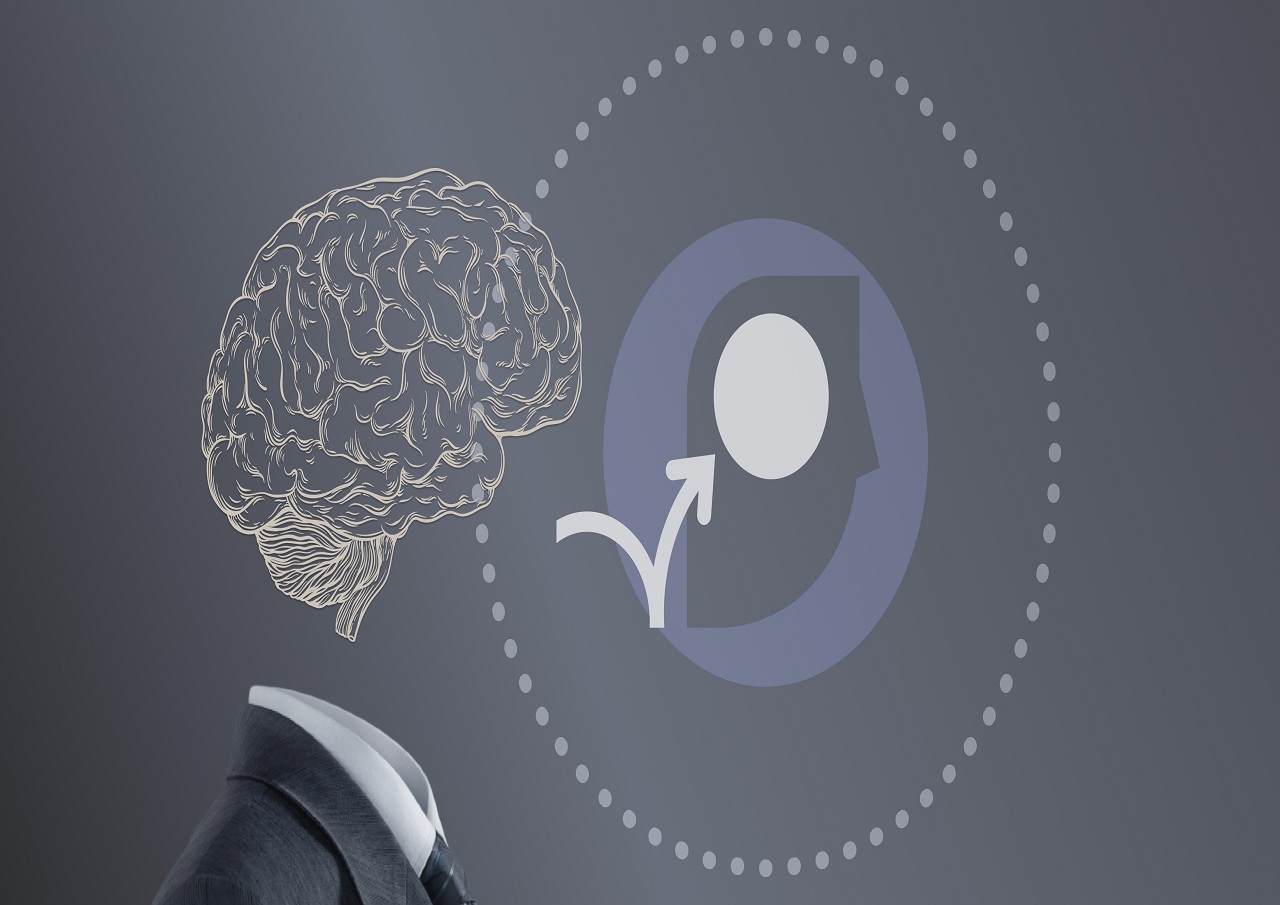 Neuroscience and Leadership Effectiveness
Neuroscience and Leadership Effectiveness
Apply neuroscience to leadership by improving decision-making, communication, team engagement, and resilience through brain-based strategies.
 Human-Centered Leadership for Purpose-Driven Brands
Human-Centered Leadership for Purpose-Driven Brands
Develop leadership skills rooted in empathy, authenticity, and purpose to inspire teams, lead with emotional intelligence, and build purpose-driven cultures.
 Leading Teams Through Change
Leading Teams Through Change
Gain skills to lead teams through uncertainty and transformation by understanding human responses, communicating effectively, and building trust.
 Leading Through Uncertainty and Crisis Management
Leading Through Uncertainty and Crisis Management
Prepare for crises with tools to make decisions, communicate under pressure, and maintain stability through effective response planning.
 Organizational Behavior and Workplace Culture in the Digital Age
Organizational Behavior and Workplace Culture in the Digital Age
Study how digital tools reshape workplace culture and engagement by analyzing structures, managing hybrid teams, and fostering inclusivity.
CREATIVITY & INNOVATION
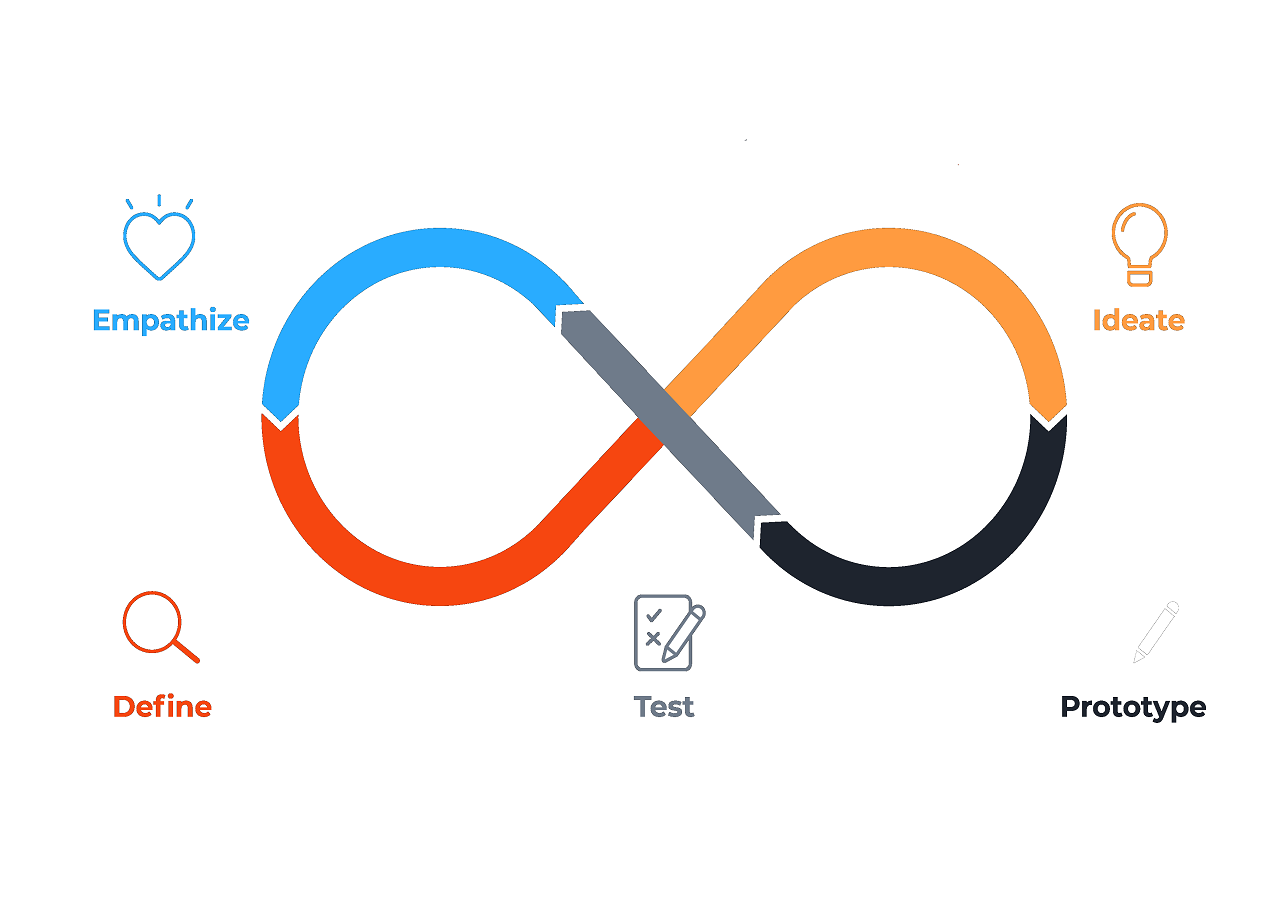 Building Influence Through Design Thinking
Building Influence Through Design Thinking
Use design thinking to solve problems creatively by applying methodologies, conducting empathy research, and developing prototypes.
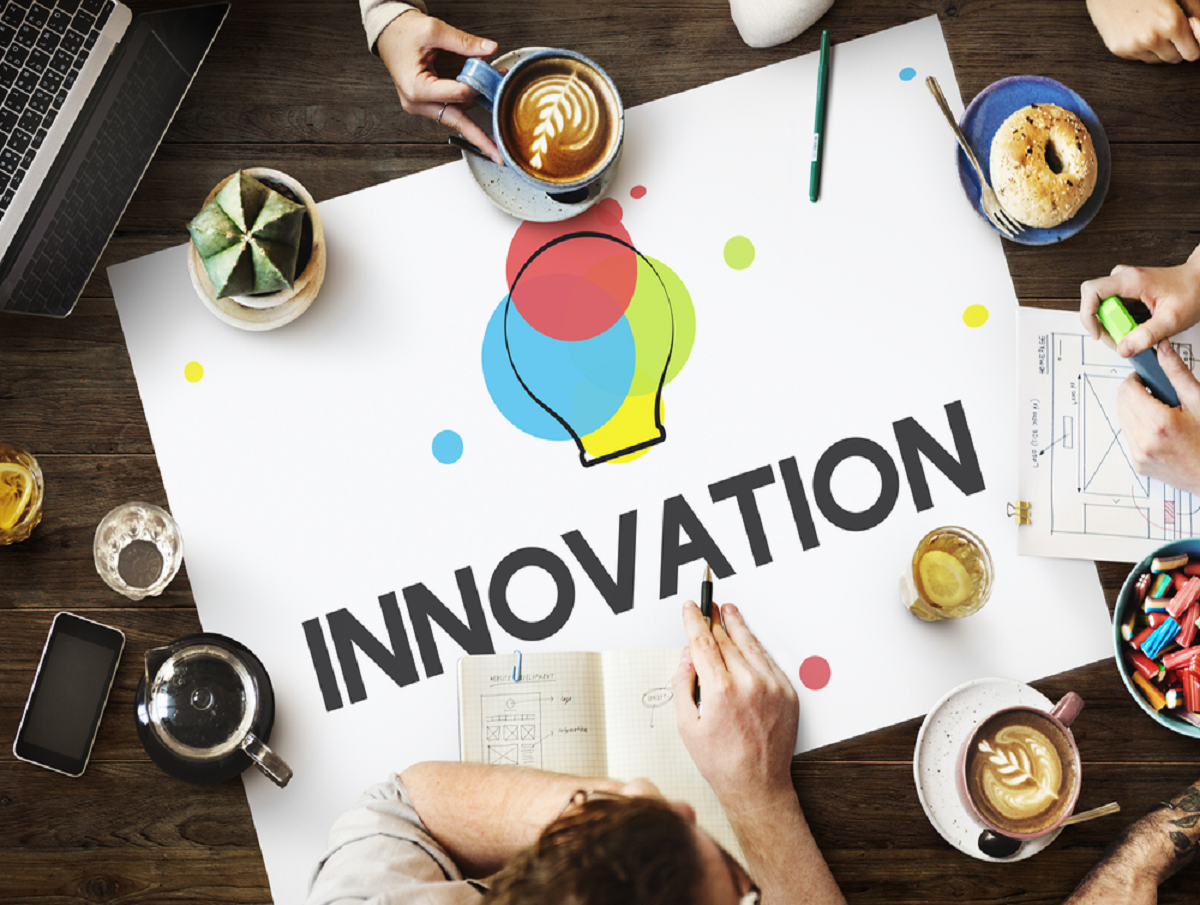 Innovation in Design Thinking
Innovation in Design Thinking
Advance design thinking skills to drive innovation in products, services, and business models by identifying disruptive opportunities, leading innovation workshops, and scaling ideas successfully.
 Digital Storytelling for Brand Building
Digital Storytelling for Brand Building
Gain skills to lead teams through uncertainty and transformation by understanding human responses, communicating effectively, and building trust.
BUSINESS FUNDAMENTALS & ETHICS
 Creating Value for Customers
Creating Value for Customers
Explore how businesses identify customer needs and deliver superior value through innovative products, services, and experiences by analyzing value drivers, designing customer-centric propositions, and evaluating competitive differentiation strategies.
 Business Economics
Business Economics
Develop economic literacy essential for business decision-making by explaining key concepts and indicators, analyzing market forces and competition, and assessing economic impacts on business strategies.
 Investment & Portfolio Management
Investment & Portfolio Management
Gain a practical understanding of investment principles, asset allocation, and risk management by assessing asset classes, building and evaluating portfolios, and understanding ESG investing fundamentals.
 Business Ethics and Trust Building
Business Ethics and Trust Building
Examine ethical challenges in business and modern marketing by identifying dilemmas, applying ethical frameworks to decision-making, and fostering trust through transparent practices.
 Effective Negotiations
Effective Negotiations
Learn principles and techniques to negotiate successfully in diverse business scenarios by preparing effectively, applying communication tactics to reach agreements, and managing challenging situations.
SOCIAL IMPACT & INCLUSION
 CSR, ESG, and Purpose-Driven Modern Marketing
CSR, ESG, and Purpose-Driven Modern Marketing
Explore how businesses integrate social responsibility and sustainability into modern marketing by differentiating CSR and ESG, embedding purpose in plans, and measuring impact.
 Equity, Inclusion, and Representation in Modern Marketing
Equity, Inclusion, and Representation in Modern Marketing
Learn to develop inclusive modern marketing strategies by creating authentic campaigns, avoiding stereotypes and bias, and assessing brand reputation in diverse markets.
 Inclusive Modern Marketing and Accessibility
Inclusive Modern Marketing and Accessibility
Understand principles of accessible modern marketing by applying standards, creating inclusive content and experiences, and recognizing the business benefits of inclusive practices.
 Sustainability Modern Marketing and Green Consumerism
Sustainability Modern Marketing and Green Consumerism
Study how to market sustainable products by identifying consumer trends, crafting authentic green messages, and evaluating sustainability claims and certifications.
EMERGING TACTICS & SPECIALTIES
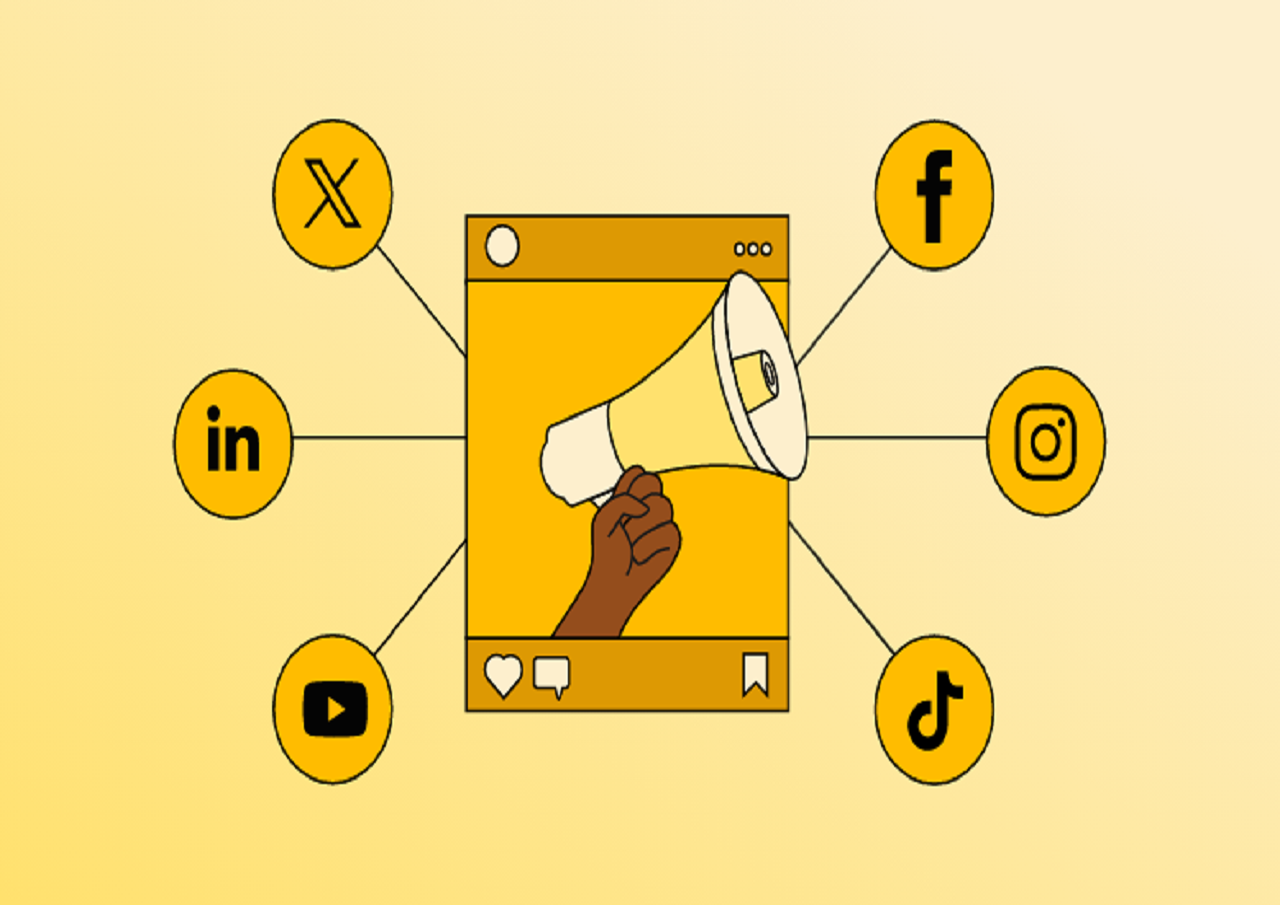 Influencer Modern Marketing and the Creator Economy
Influencer Modern Marketing and the Creator Economy
Analyze the creator economy and learn how brands drive engagement and sales by identifying aligned influencers, measuring ROI, and managing contracts and legal considerations.
 Agile Modern Marketing and Growth Hacking
Agile Modern Marketing and Growth Hacking
Master experimental modern marketing techniques by applying agile principles, running growth hacking experiments, and analyzing results to scale successful tactics.
Mission & Values
advanced insights and practical expertise, equipping them to lead with confidence in a competitive global market.
Additionally, our programs integrate real-world case studies, interactive learning experiences, and collaborations with top universities worldwide, providing a truly transformative and future-ready educational journey.

